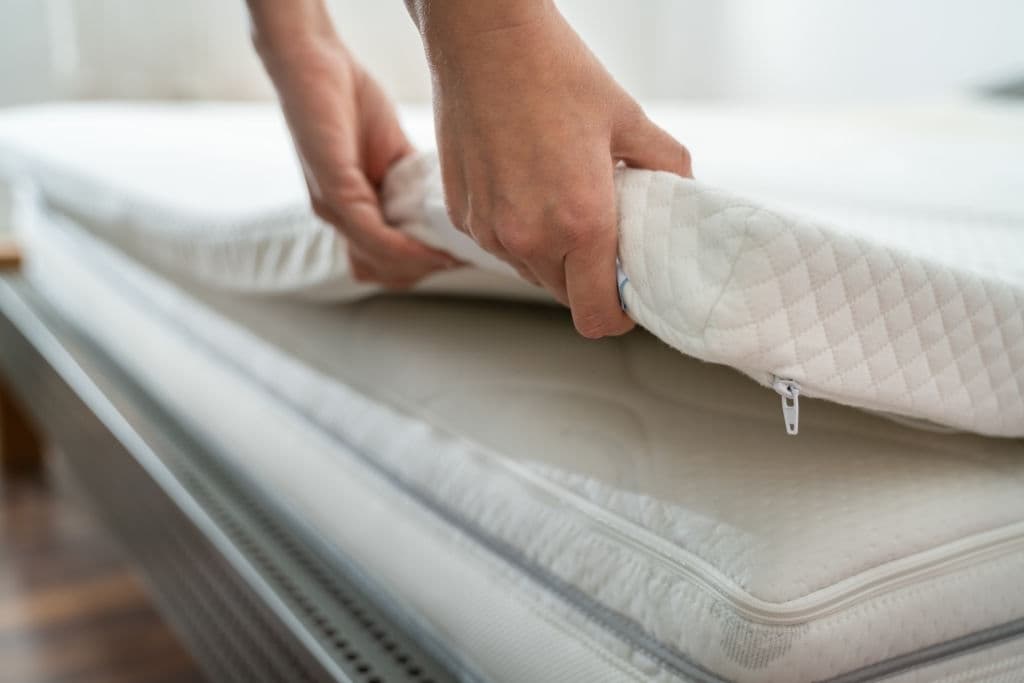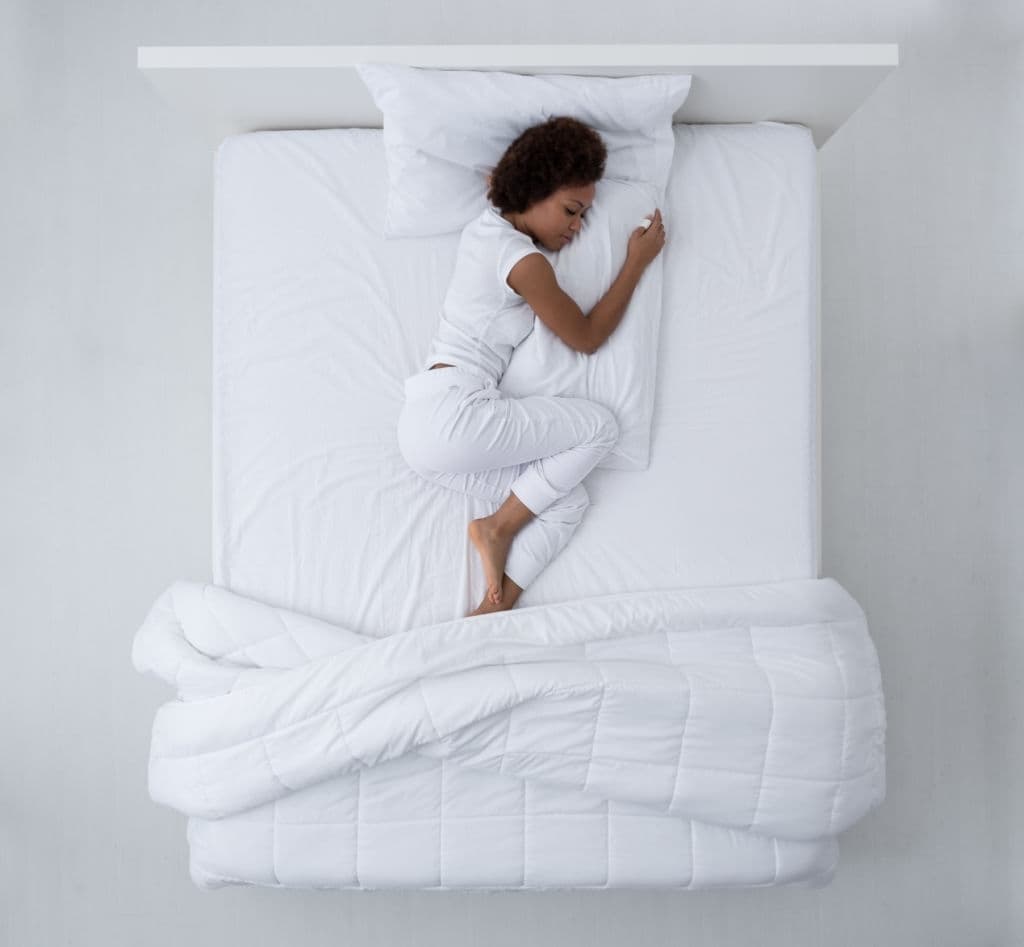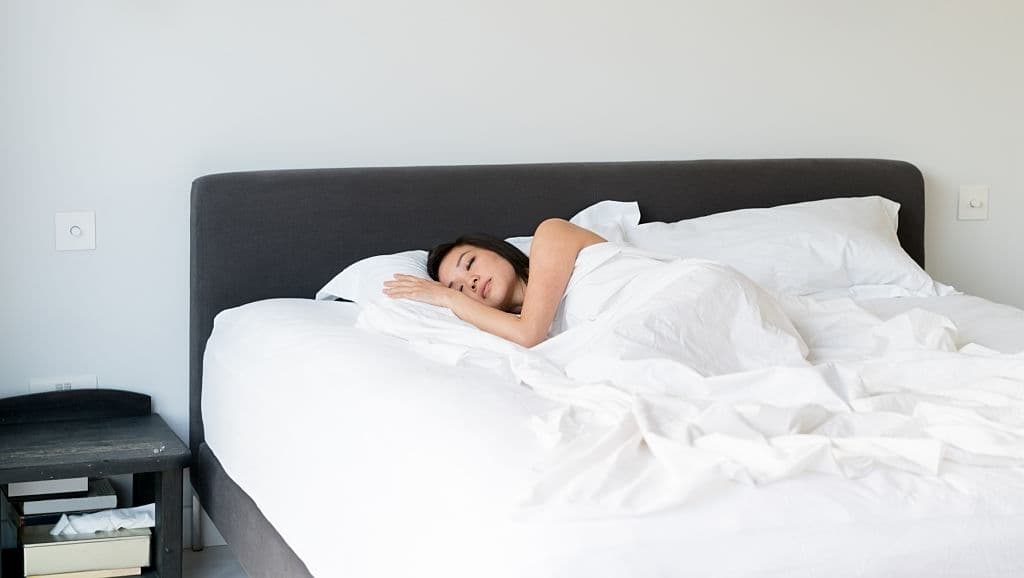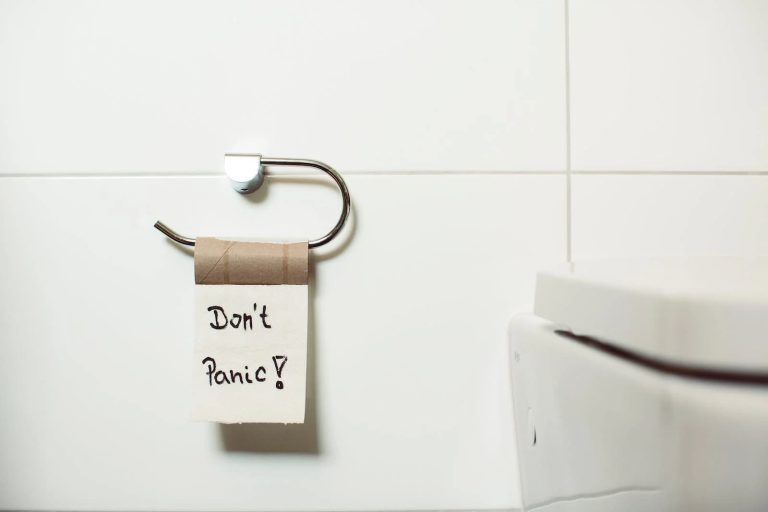Seeing A Significant Change In Your Sleep – Sleeping Deeper And For Longer
“Had a rough time trying to sleep last night, just couldn’t fall asleep and kept waking up”. These phrases are compiled of words we’ve often said more than once in our lives.
I wish there was good news for us lazy individuals who feel like getting to sleep will become easier as life passes on by doing nothing. But no, changes have to be made and with these changes, falling asleep can be made a much easier experience. So why not crack the sleep code and discuss these changes:
Table of Contents
How To Get Better Sleep:
Getting The Perfect Mattress:

Oftentimes, humans make this mistake where we take something for granted and never really “see” what’s right in front of us. This can be said the same about our bed mattress, something that we make use of everyday in our life but never really give it any importance. You see, getting quality sleep depends on several factors, and where you’re sleeping is the biggest factor of them all.
Finding the right mattress for you can be an easy task when you have Puffy bed sizes to check out, helping you get the perfect one for you. This way you know what you need, and how big or small you need it. Give yourself a treat and get a puffy mattress now!
Giving Yourself A Break Before Bed:
Being inside your bed sheet is more agreeable than the sofa, and your mobile could presumably use more charging, so give your phone, tablet, or TV a break and yourself an ideal opportunity to slow down before bed. By blocking out prior, you can ensure your sleep schedule isn’t disturbed by your screen’s blue light.
Having A Consistent Sleep Schedule:
Further developing rest begins with consistency, so turning into an animal of propensity can go far. In the event that you set a sensible sleep time window and stick to it, even at the end of the week, it can assist you with keeping up with your normal circadian rhythm and be refreshed and prepared when your alarm goes off.
Sticking To The Right Room Temperature:
Hotter? Colder? Some place in the middle? Despite your temperature inclinations, physiology and science both highlight the best evening room temperature being around 67 degrees Fahrenheit (19.5 degrees Celsius). Your internal heat level abates to start rest, so a cool room can give you an early advantage.
Saving Your Meals And Workout For The Daytime:
At the point when you head to your 24-hour late-night food restaurant or hit the exercise center excessively near sleep time, your profound rest endures the shot. A raised digestion or pulse can upset your rest, so it’s ideal to keep away from exercise and substantial dinners in the 3 hours preceding your optimal sleep time.
Figure Out When To Unwind:
Obviously, this one is more difficult than one might expect. Be that as it may, in the event that you save time to loosen up by utilizing rehearsals like yoga or mental exercises, cleaning up, or perusing a novel–you train your body to enter a casual state.
Consider it like you would a muscle: the more you work on connecting with your rest-and-condensation framework while you’re alert, the simpler it becomes to produce that equivalent reaction around evening time and get some quality rest.
Slowing Down On Alcohol Before Going To Sleep:
Liquor might help you feel loose before bed, yet an excess of it can deny you of exceptionally important REM rest. When the liquor’s belongings wear off, you may likewise awaken ceaselessly for the duration of the evening.
Taking Your Daily Caffeine Intake During The Day:
The impacts of a late evening espresso can last any longer than you might suspect. Caffeine raises your pulse, making it harder to nod off. It can likewise upset a vital sign in your mind, adenosine, that assists your body with controlling your interior tickers. Remember that pop, tea, and even chocolate can contain sufficient caffeine to disturb rest also.
Try Not to Exercise Late, Exercise Regularly
Stay dynamic every day. Go for a run or simply an easygoing stroll around the square to try not to sit for extensive stretches. Just thirty minutes of action a day can set you up for a decent night’s rest.
Timing Out Your Naps:
Lastly, sleeping is an extraordinary method to rest and recuperate, however there are acceptable and terrible occasions to take for them. Attempt to take your rest before 3pm, as snoozes excessively near your optimal sleep time can make it hard to nod off and stay unconscious around evening time.
Rest Is Unique To You

On the off chance that the possibility of a decent night’s rest feels unfamiliar to you, evaluate any or these tips and perceive what they mean for your rest quality. Stick with another procedure for no less than seven days to give your body time to adjust to the progressions and uncover any impacts. Rome wasn’t underlying a day!
What’s more, consistently recollecting rest is distinctive for everybody, and what works for some may not work for you. Take a stab at exploring different avenues regarding a couple of these techniques, find what works, and clutch what’s best for you, your body, and your rest.
Getting Help:
On the off chance that your resting issues keep going for over a month and self improvement measures don’t appear to be working, it’s a smart thought to see your PCP. From the outset, your PCP will likely get some information about your dozing propensities, prompt you on rest cleanliness and conceivably request that you keep a rest journal.
You could be alluded to by a mental specialist for intellectual social treatment for a sleeping disorder, which can assist you with breaking examples of musings and practices that might be adding to your sleep deprivation.
Temporarily, you might be endorsed for a course of dozing tablets to help you find some rest, however these aren’t suggested for long haul use as they don’t handle the fundamental reasons for a sleeping disorder and can be habit-forming.







